Dear Editor:
I first bought your magazine for $4.99 at a Borders bookstore and have since subscribed to it. I have enjoyed reading your product for the past three years. I have always looked forward to receiving your magazine in the mail since I have a passion for World War II history. It is something that has captivated my attention for a long time and your magazine is an excellent source of information.
The variety and high-quality articles in your magazine never fail to impress me and I appreciate the range of perspectives provided by them. The sections on Ordnance, Profiles, and Insight always have an interesting topic that always surprises me when I receive my next issue. I always enjoy any opportunity to expand my knowledge of World War II, and your magazine provides the perfect place to do that.
I hope that you continue to publish WWII History and that I can continue to read about the famous battles and people that defined this period of history. WWII History provides information that I might not have found on my own and I will continue to enjoy reading your magazine for years to come.
Tyler Drozd
Clarendon Hills, Illinois
Axis Dogface Interviews?
Dear Sirs,
I enjoy your fine publication but may I venture a suggestion? Could you please interview or publish the first-person, unfettered World War II accounts of an average Japanese enlisted man? Along with the Italian enlisted man, there is almost nothing to be found concerning the honest views and experiences of these Axis dog faces, as opposed to the umpteenth TV show/volume/ article about some Prussian general.
A few years ago a fairly well-known book came out recounting the various first-person accounts of Japanese soldiers in Burma, something I had looked forward to but was disappointed in once I read it. In my opinion the entire effort was highly suspect at best. It was clumsily edited with the agenda of propagating various myths about the war designed to convince the unwary reader that the peace-loving, kindly Japanese somehow found themselves at war in places such as far off Burma, where the population embraced and loved them.
One particularly bizarre recounting, bordering on the surreal if not outright insanity, was how during a battle a British tank pulled up to a group of Japanese soldiers, the English commander jumping out to chat with them, perhaps have a spot of tea. They all agreed the war was unfortunate, shook hands, and bid each other adieu.
Righttttt, and I am the greatest swordsman in all of France and New Jersey, Hoboken included.
We need publications such as WWII History to record the truth of the war before the World War II generation all dies off and the still influential though tiny militaristic elements in Japan are able to continue to distort history.
As for interviewing an average Italian soldier, it would be fascinating to hear from one, especially if he had fought the British, Americans, and later the Germans, comparing their attributes.
Mike Gordeuk
Garwood, New Jersey
Is the British Monarchy Irrelevant?
Dear Editor:
I read, with interest, the letter from one Oreste Rondinella regarding the article relating to King George VI’s visit to the United States. The Oreste missive was regarding some irrelevance of the British royal family during World War II.
I am not a Royalist but I feel I must point out that the British people of that period welcomed the comradeship that filtered from them to the royals, and vice versa. King George VI rallied Britishers worldwide with his uplifting speech of defiance to the Nazi menace rampaging across Europe.
We had in Britain a hierarchy that actually sympathized with German objectives. An example was the friendship enjoyed between Adolf Hitler and elder brother of King George VI, Edward VIII. The latter was soon dispatched to the remote island of Bermuda with his American wife. This endeared the George VI to the British man in the street.
Several swarms of Luftwaffe bombers were nightly crushing cities in the British archipelago. When they blew half of Buckingham Palace away, the king and queen were seen standing upon the rubble, actually pleased … pleased because, at that moment they were one with the thousands of ordinary Brits who stood on their own rubble. He, the king, discussed with the recalcitrant Roosevelt the danger of isolationism months, even years, before Pearl Harbor or Churchill’s meetings with Roosevelt.
Brits were very busy at that time. Believe me, they needed time to absorb the war around them and the world. Moments that seemed daunting were relieved with humor from every level of society. Not least from the stalwart monarch and his family. Our present queen, Elizabeth II, was driving trucks for the British Army during the war, and her uncle Louis was commander of the British services fighting the Japanese in Burma, China, and Malaya. Dukes, earls, and princes of the realm were ralliers of British staunchness.
Keith Hunt
Camarillo, California
May 2011 Comments
Dear Editor:
It is obvious to me from seeing the quality work you publish that you are interested in total accuracy and correctness in your articles. With that thought as my sole motive, I would like to point out two small “nits” I noticed in your May 2011 issue.
First, on page 36 in the article about the U.S. 29th Infantry Division at Omaha Beach by British MG Michael Reynolds, he wrote about the heavy load of equipment men were carrying ashore. He spoke of “ extra ammunition belts for BARs (Browning Automatic Rifle)…” I would like to point out that the BAR was not a belt-fed automatic weapon. It was fed by double round wide magazines, I think of perhaps 30 rounds. The BAR was a wonderful, much loved infantry squad automatic weapon until being displaced by the also magazine fed M-16.
Second, on page 47 in Blaine Taylor’s article about Benito Mussolini, “The Killing of Il Duce,” he wrote, “Ironically, the flames of the memory of that day in Milan were fanned not by the Socialists who wanted to forget it, but rather by the neo-Fascists as a symbol of rightist anger.”
I would like to point out some misunderstanding over the definitions of “fascism” and “socialism” and their irregular, or inconsistent use in the article. The quotation seems to assume that fascists are not socialists, which they are (witness the “Nazis” were the national socialist party of Germany) and, further that they are “rightists,” rather than “leftists,” as all collectivists, including communists, socialists, and Nazis are. The fact that Hitler and the Nazis saw the communists as their lethal enemies, does not relegate those Nazis to being “rightists.”
I suspect Taylor recognizes that point when, on page 44, he wrote, “… the coming socialist republic that even Mussolini [A penultimate “fascist.”] himself would have supported.”
Anyway, thank you so much for a wonderful, enjoyable, educational, obvious labor of love that keeps our “Greatest Generation” on the center stage of caring history buffs.
Lou Schroeder
Greenwood Village, Colorado
Note: Opinions expressed in “Dispatches” do not represent those of the writers, editors, or staff of WWII History or Sovereign Media. WWII History welcomes your letters which must be signed and include a telephone number for verification.
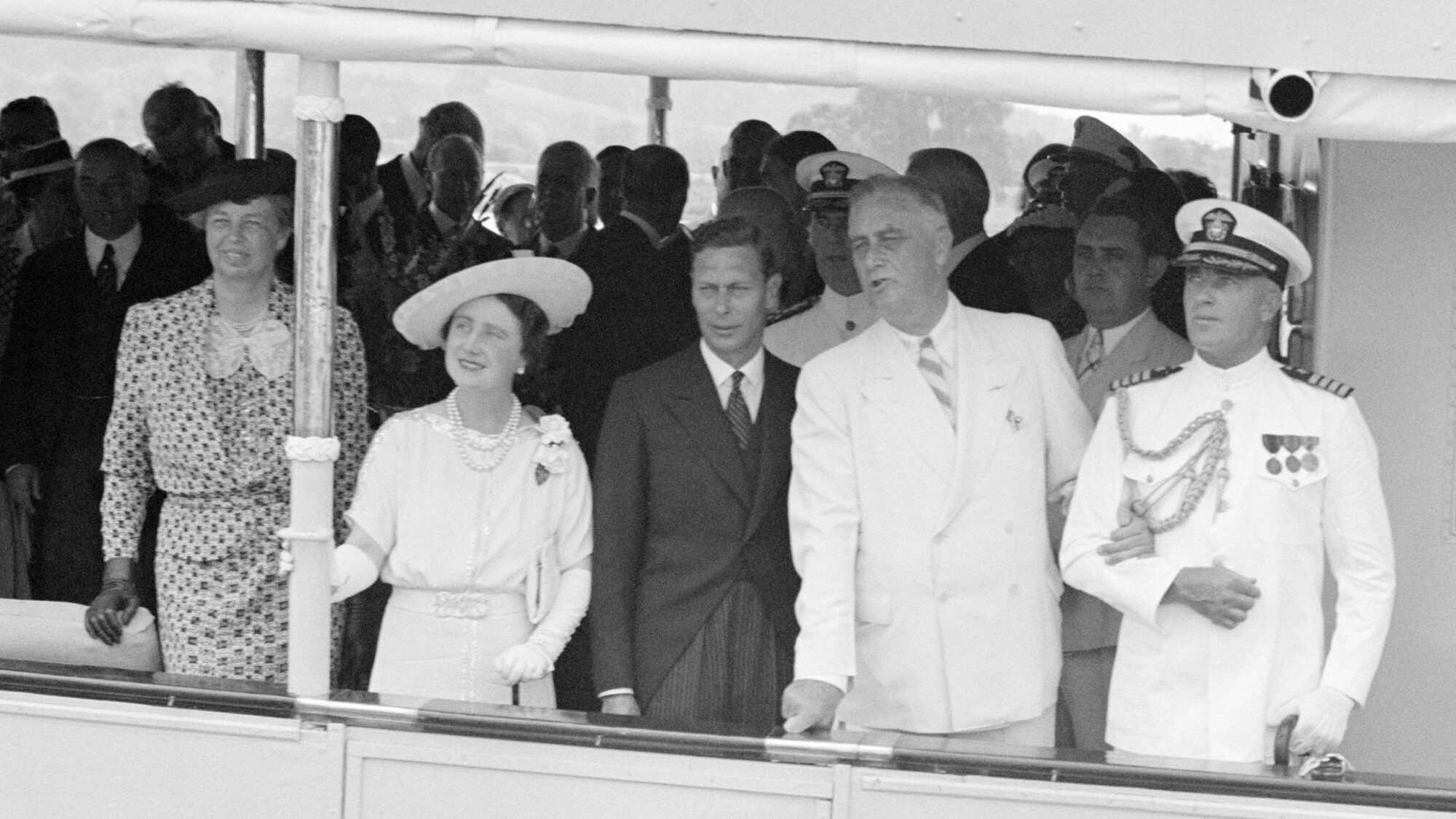
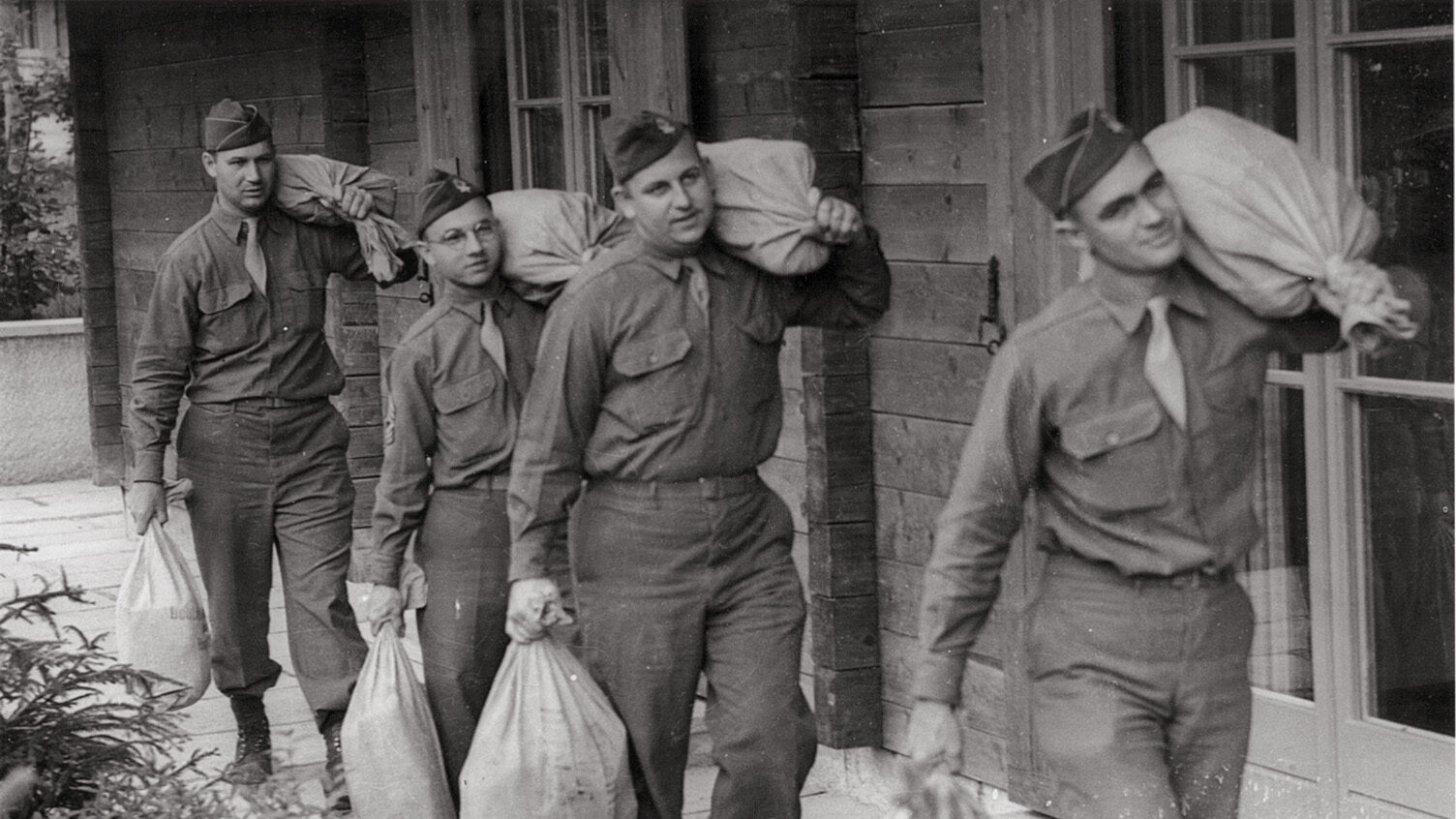
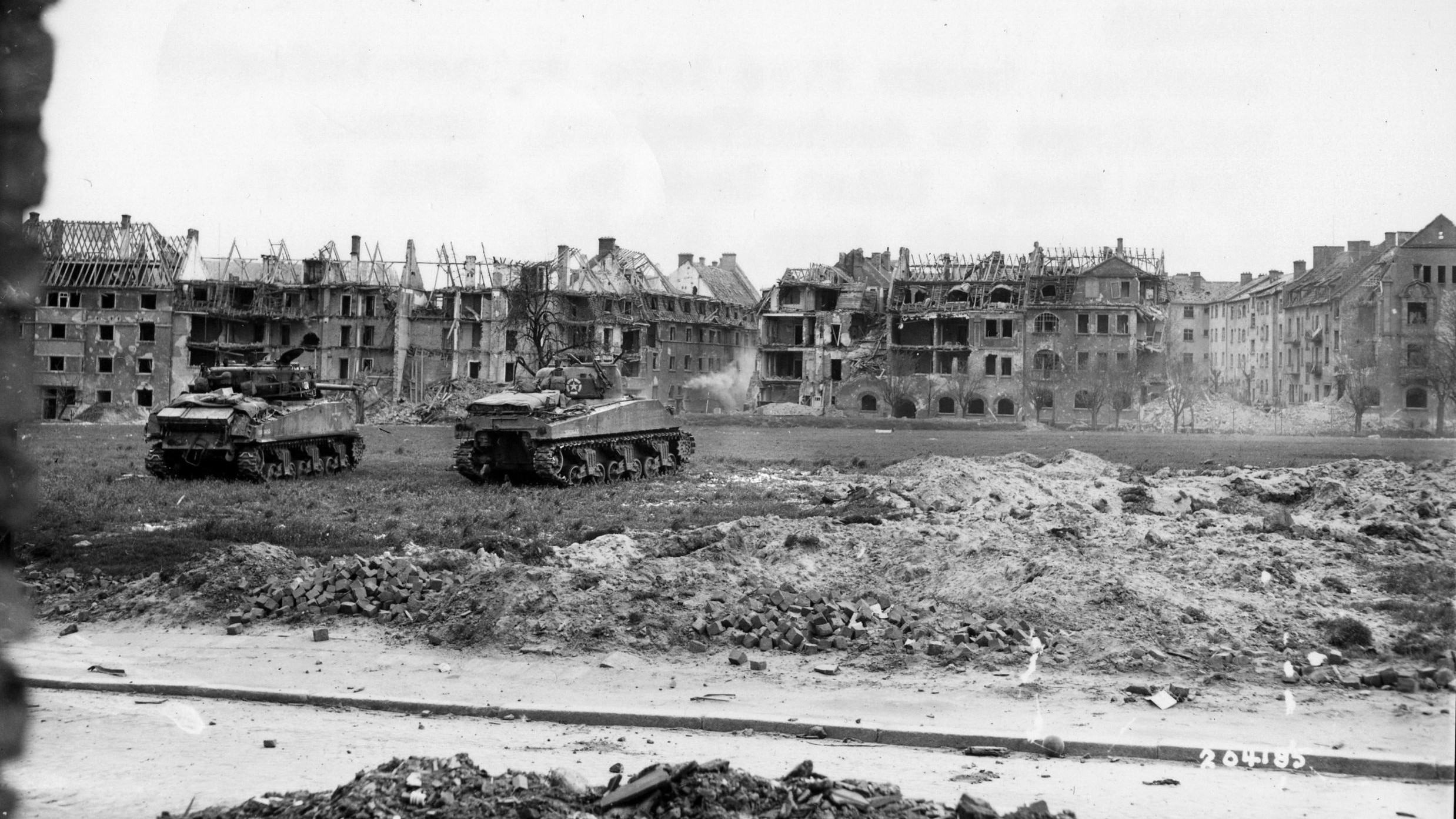
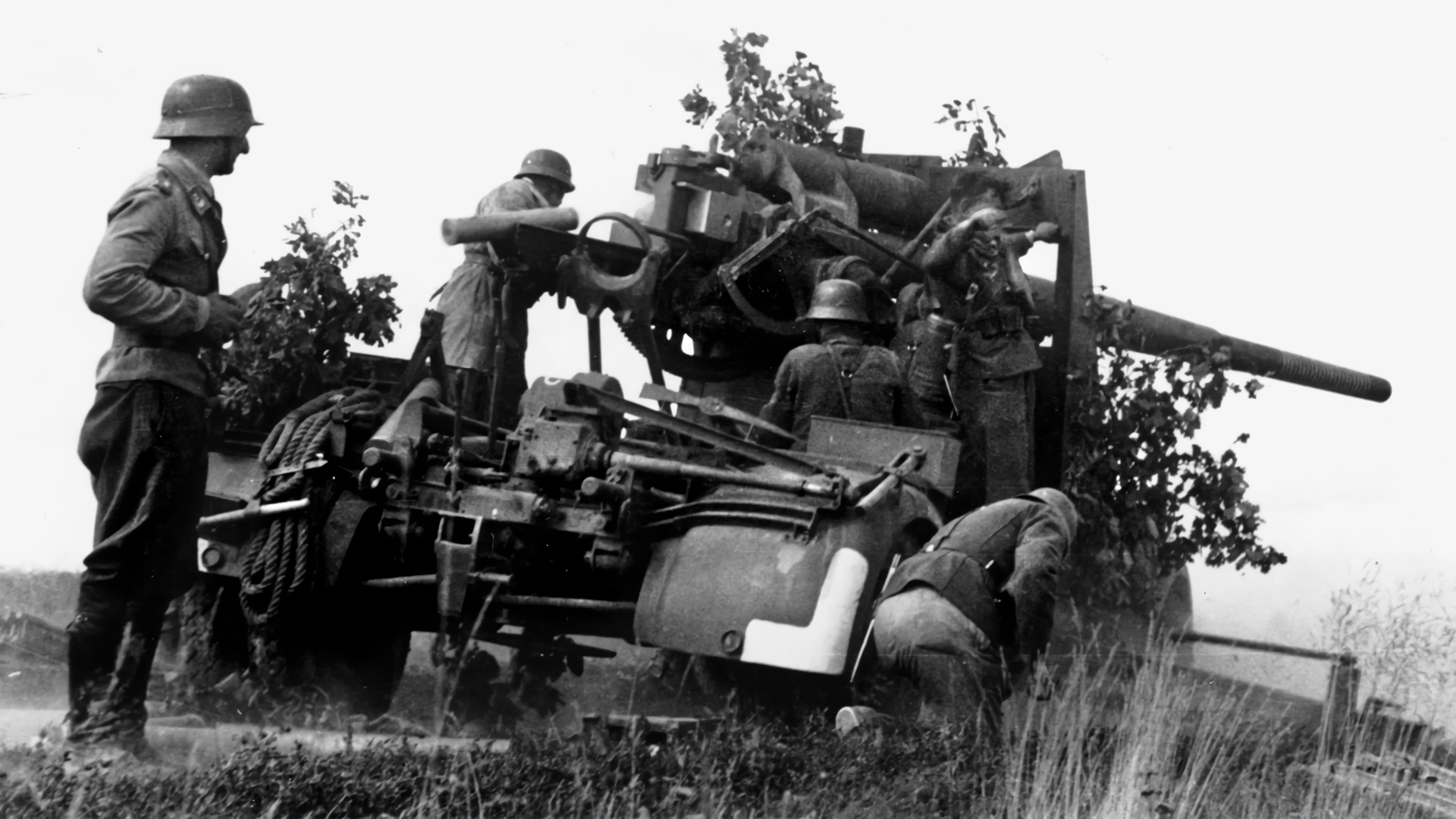
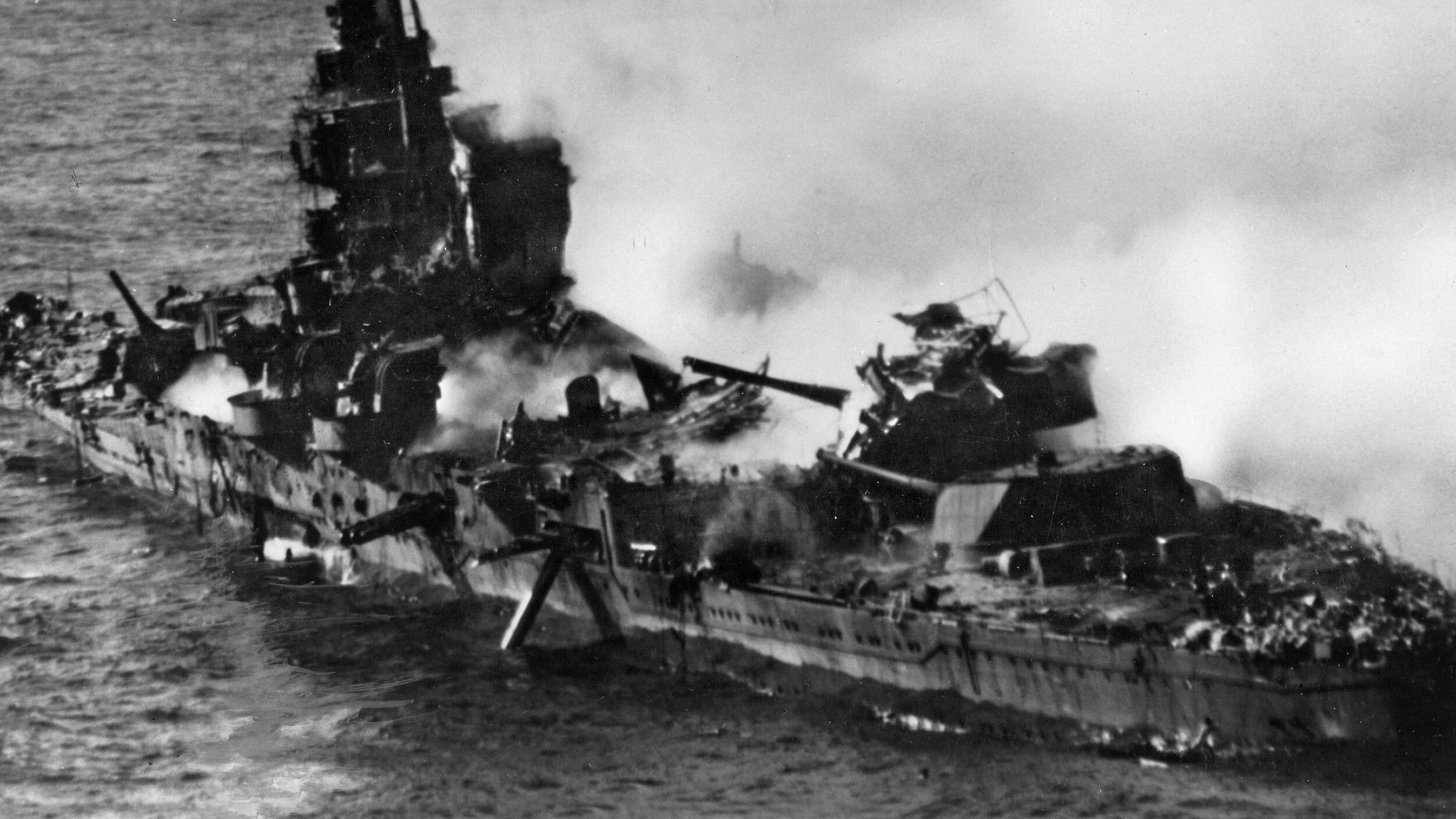
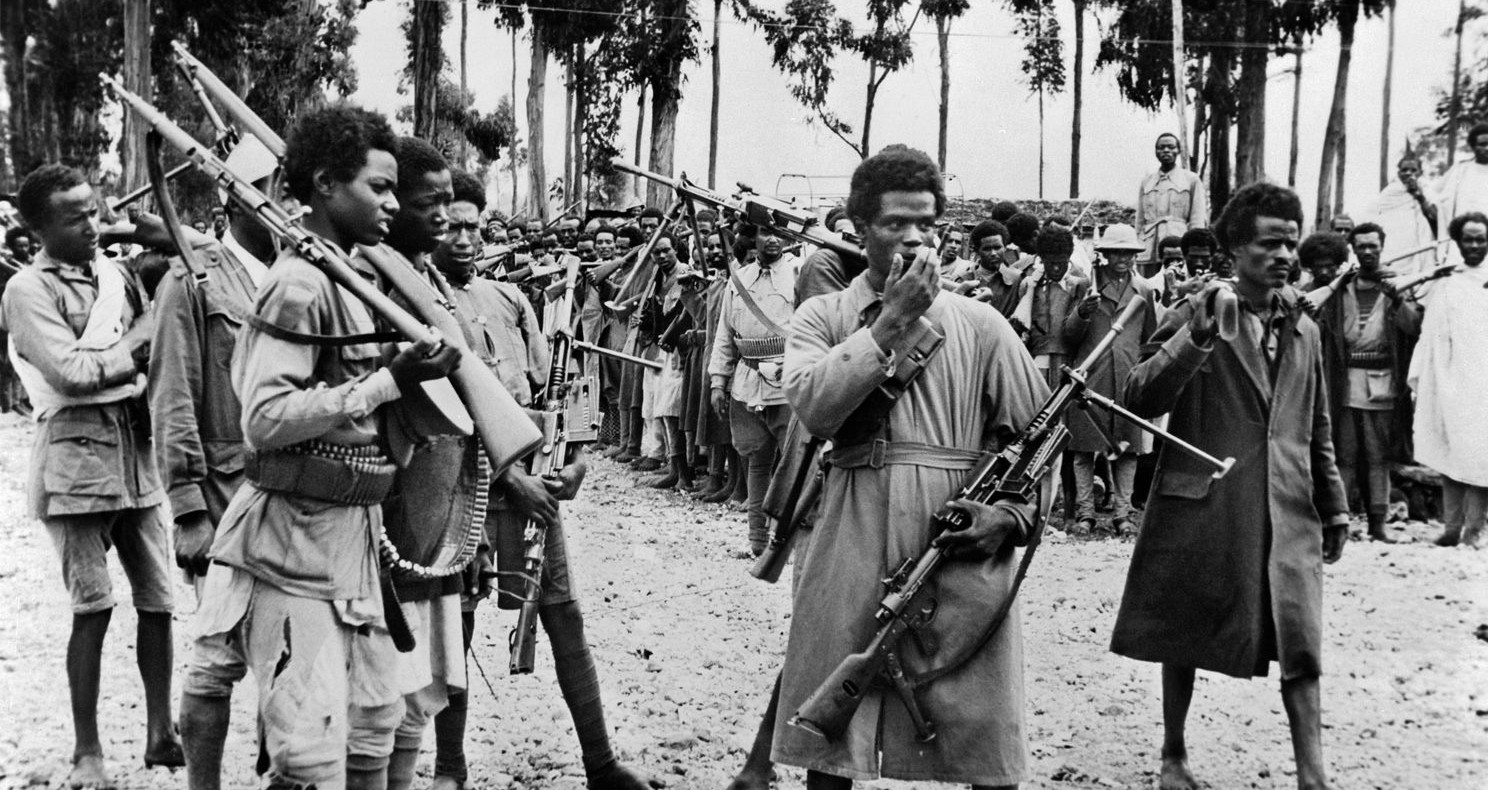
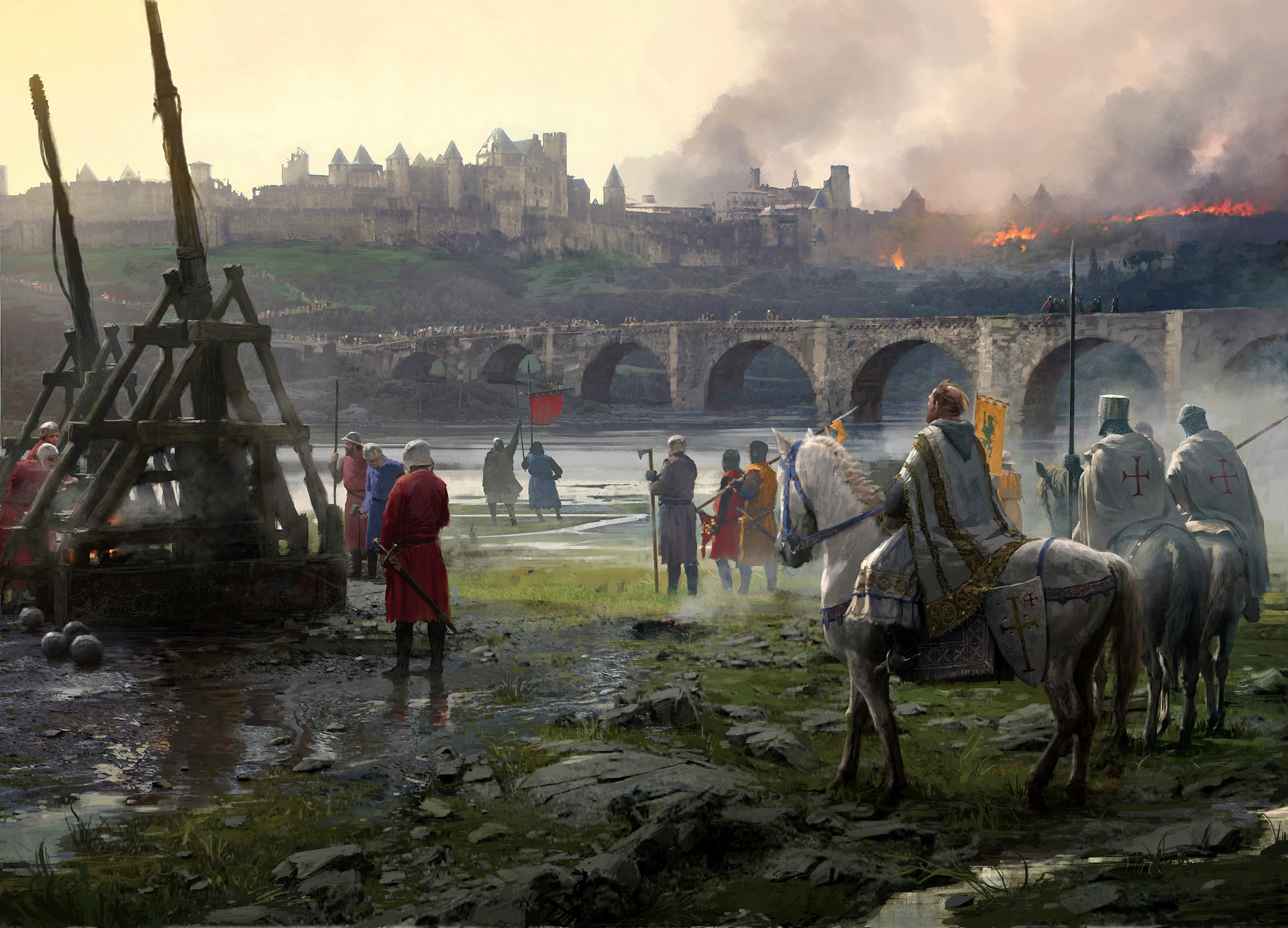
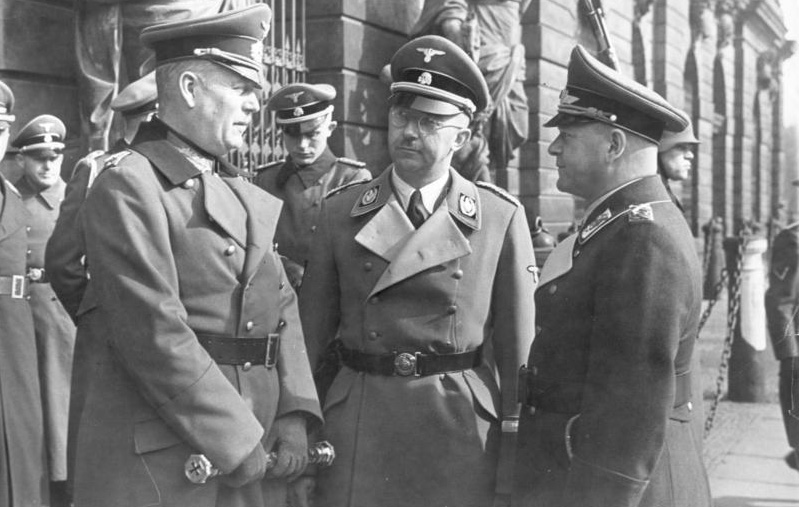
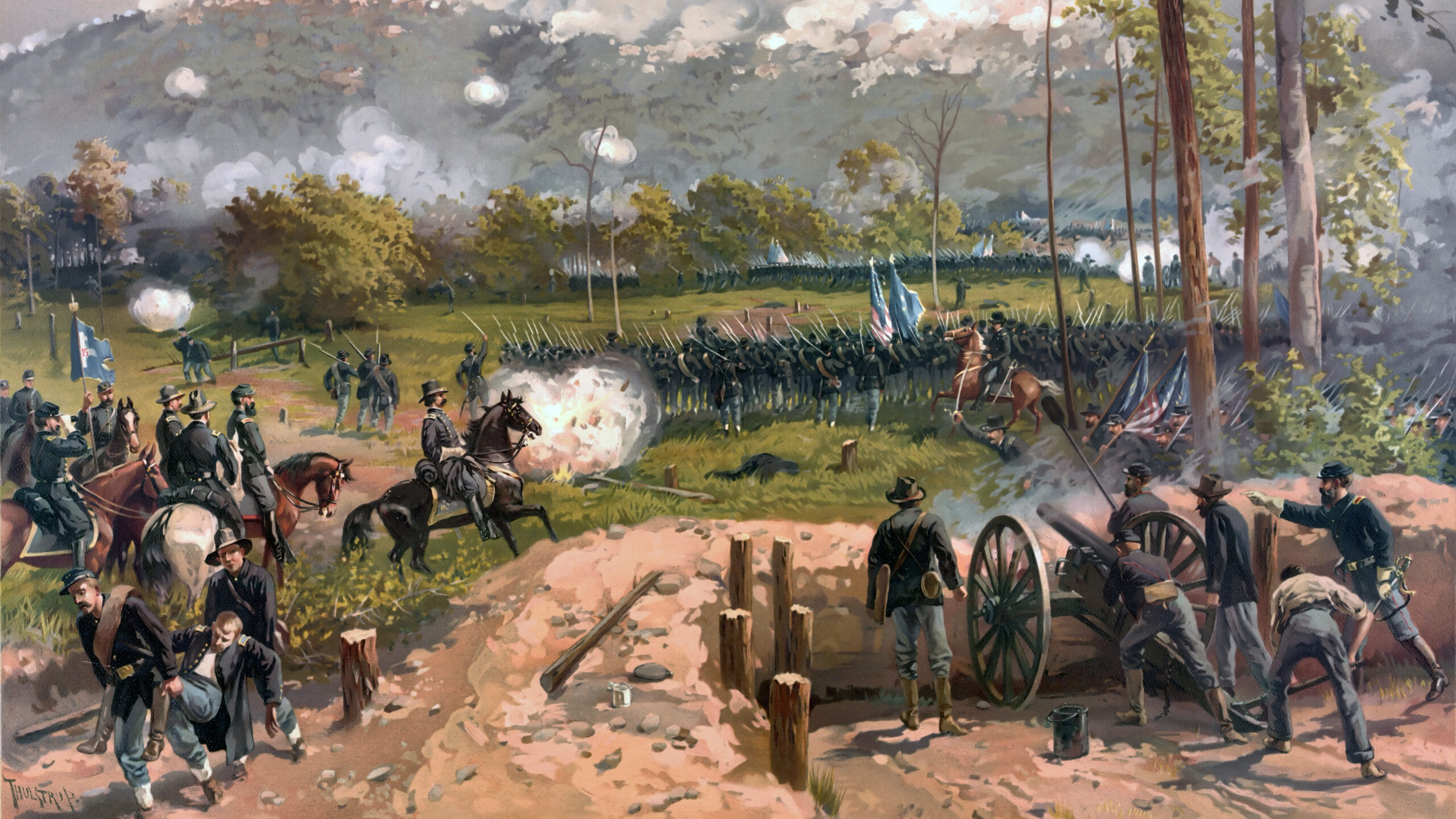
Join The Conversation
Comments
View All Comments